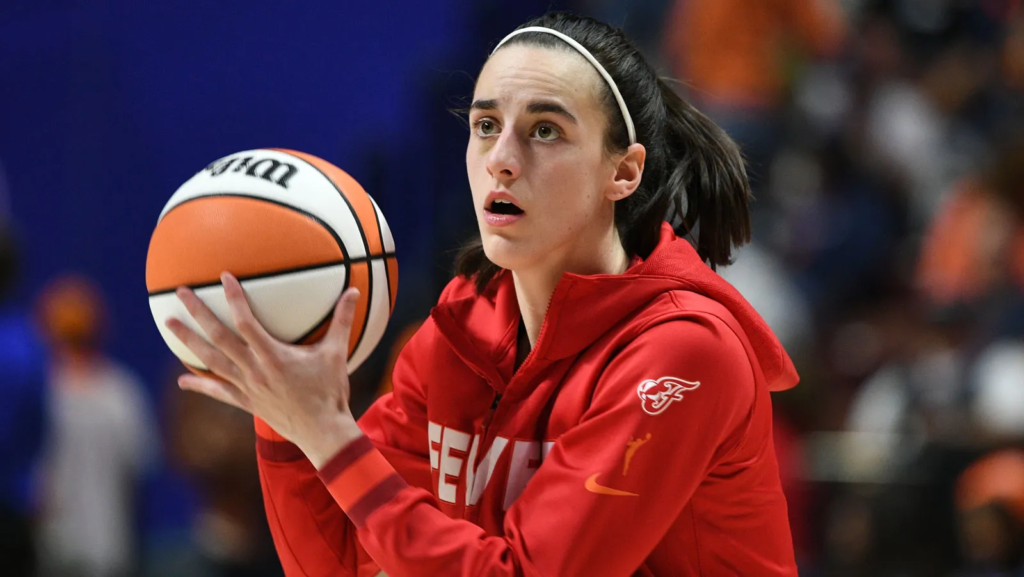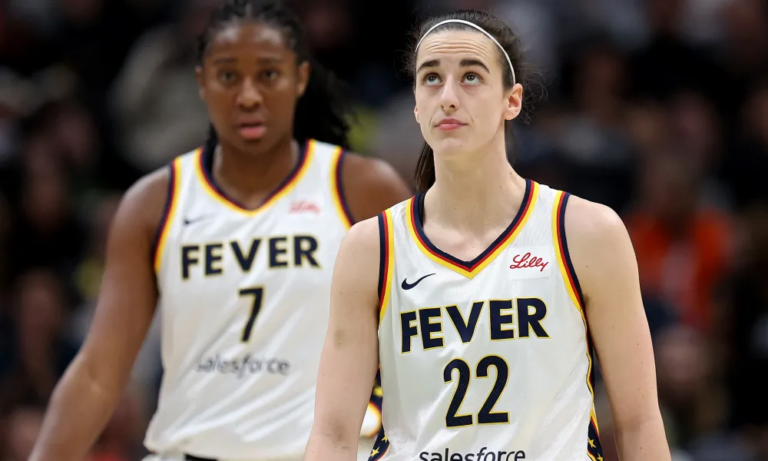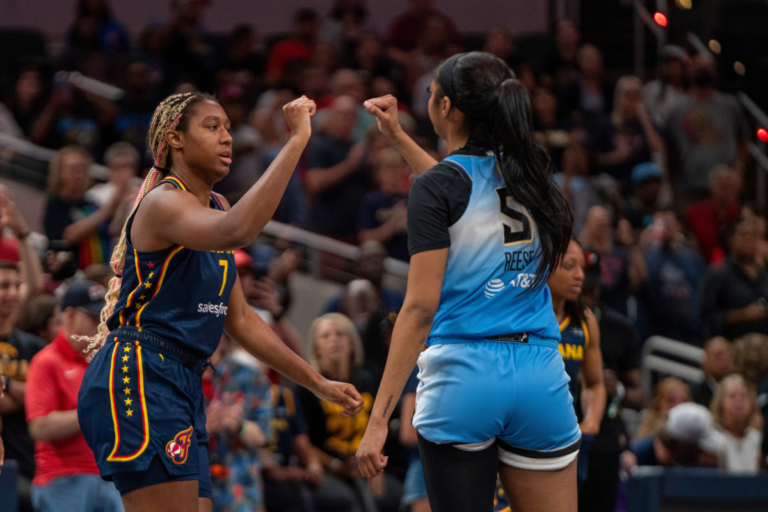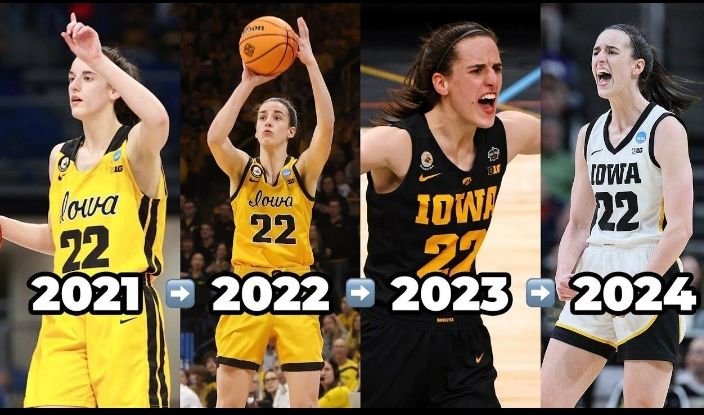
Megyn Kelly, along with several prominent right-wing figures, expressed their disapproval of Caitlin Clark’s recent comments regarding White privilege, following the Indiana Fever star’s recognition as Time magazine’s Athlete of the Year. Clark, who had an extraordinary rookie season, has consistently been at the center of discussions that extend beyond her athletic achievements. Her rise to fame has drawn attention not only for her record-breaking performances but also for her involvement in broader cultural debates, particularly regarding race and sexuality. These discussions have frequently juxtaposed her with Chicago Sky’s Angel Reese, placing Clark in the midst of the ongoing culture war.
In a feature published on Tuesday, Clark acknowledged the racial dynamics of her stardom, stating that while she felt she had earned her success, she recognized the privilege of being White. She emphasized the disproportionate contributions of Black players to the WNBA, noting that they have been the foundational figures in the league’s growth. Clark highlighted the importance of continuing to elevate Black women in sports, advocating for increased investment in those players who have helped shape the league into what it is today. She expressed a commitment to playing her part in this ongoing shift towards greater recognition and equity.
However, Kelly, along with other critics, took issue with Clark’s remarks, interpreting them as a form of self-abasement. Kelly tweeted, accusing Clark of “all but apologizing for being White and getting attention,” calling her statement self-flagellating and condescending. In Kelly’s view, Clark’s remarks seemed to diminish her own accomplishments by shifting the focus away from her achievements and instead emphasizing the racial dynamics at play. The response was swift, with Kelly labeling the entire exchange as “fake” and “sad,” accusing Clark of pandering to a narrative that undermined her own success.
Kelly’s critique was part of a broader wave of backlash that extended across social media, with other pundits voicing similar sentiments. T.J. Moe, a former athlete and commentator, tweeted that Clark’s use of the phrase “my truth” was indicative of her being “captured” by political correctness. Others, like David Hookstead, criticized Clark for adopting what they perceived as a “woke” stance in an attempt to appease a group that would never fully accept her. The sentiment was echoed by Dan Zaksheske, who drew a stark contrast between Clark’s remarks and Angel Reese’s unapologetic approach to her own identity, highlighting what he saw as a double standard in how different WNBA players are treated.
The backlash against Clark has not been confined to media figures. Since the publication of the Time article, her social media accounts, particularly Instagram, have been inundated with negative comments from fans accusing her of succumbing to the so-called “woke mob.” This intense online criticism underscores the divisive nature of discussions surrounding race and privilege, with Clark caught in the crossfire of conflicting societal expectations. Despite the backlash, Clark’s response to these controversies will likely continue to fuel debate about the intersection of race, privilege, and the platform of public figures in sports.







